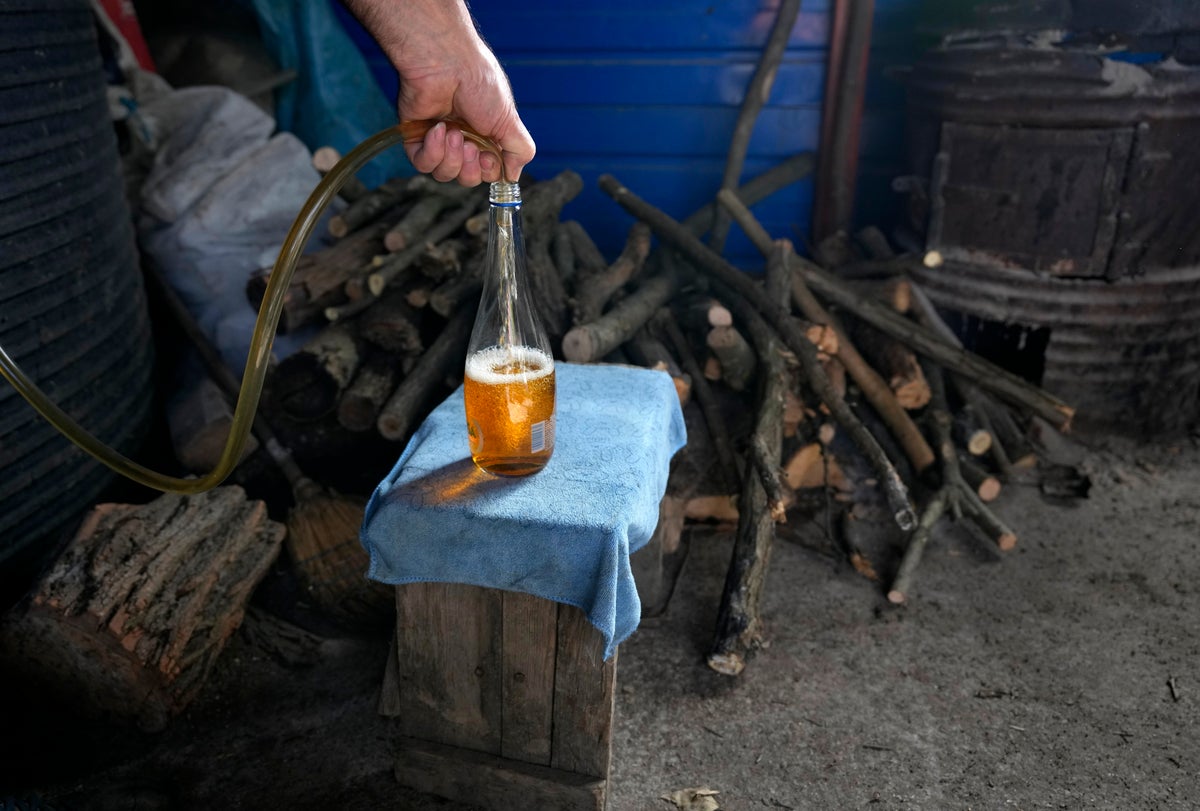
It's time to raise a glass for sljivovica - Serbia's traditional plum brandy that authorities said Thursday is being added to the U.N.’s list of intangible cultural heritage as a cherished tradition to be preserved by humanity.
UNESCO experts gathering in Morocco this week decided that “social practices and knowledge related to the preparation and use” of sljivovica (pronounced SHLI’-vuh-vitsah) deserve U.N. recognition as an example of an important cultural tradition, Serbia's Ministry of Culture said.
The ministry filed the nomination in 2021. The bid reflected the entire process: from growing plums to making the brandy and how widespread a tradition it is as well as how that tradition can carry on in modern times, the ministry said.
Sljivovica has been handcrafted — and consumed — in Serbia for centuries, a custom carried from generation to generation that experts say has become part of the national identity. The tradition remains widespread in rural areas of the Balkan country despite a boom in modern distilleries and brands.
Serbian experts say that sljivovica is a typically Serbian product because it is derived from a locally grown fruit — plums — that is widely available, and because the brandy is made and enjoyed within families and local communities.
Serbs drink sljivovica when they celebrate, mourn, welcome guests and mark important events, and have done so for centuries. People have always stashed away their best bottles for weddings, the birth of a child and funerals, making the Serbian traditional spirit part of everyday lives for generations.
Nowadays, sljivovica is also an important Serbian export and a draw for tourists. Small businesses producing sljivovica and other fruit brandies have sprouted in recent years, offering modern packaging with ethnic-style designs.
For improved quality, sljivovica is sometimes kept in oak barrels that give it a brownish, whiskey-like color and a somewhat bitter taste. And it gets better with age.







